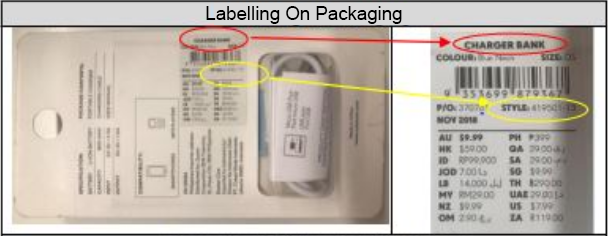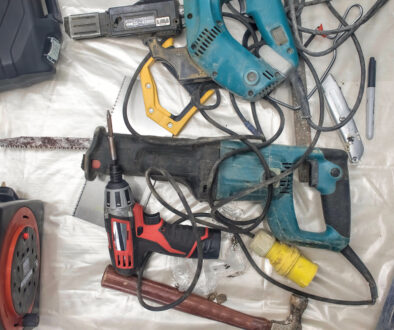Cotton On Powerbanks Recalled for Safety Issue

 Do you own one of these Cotton On power bank chargers? Stop using it right now.
Do you own one of these Cotton On power bank chargers? Stop using it right now.
According to Product Recalls NZ, these slim pocket power charger banks have the potential to overheat and pose risk of fire and electric shock. These were sold between the period of 26 October 2018 – 29 January 2019, both in store and online.
The recall, which was issued on 26th March, applies to style numbers: 419501 to 419502 with colour codes from 01-23. You will see the style and colour code number on the back of the power bank packaging.

According to Product Recalls, the product does not comply with relevant electrical safety standards and poses the risk of fire and electric shock. You definitely don’t want it on you all the time or left plugged at home. We know they’re stylish and convenient to use, but they are not worth taking chances with.
Consumers are advised to stop using the product or return it to any Cotton On or Cotton On BODY store for a refund.
Most power banks tend to heat up quickly because of the inbuilt lithium-ion battery. They typically have higher capacity (mAH rating) which means they will draw more current from the charger when plugged in. Since power banks demand more power, the charger needs to supply top-rated current value for a longer duration of time, causing extra heat generation. And because these particular power banks from Cotton On are small and have no heat protection, the fire risk due to overheating is higher.
To prevent your power bank from overheating, make sure to use the correct charger. Some chargers like those used for tablets are rated for 1 or 2A, and are more suitable for charging portable chargers. It may also be worth to have your charger checked for compliance, as this could be another safety risk. Using an incorrect or noncompliant charger could result in overheating or cause damage to your power bank as well as your phone.
Here at Metrotest, we always talk about electrical safety. It’s important to ensure that all electrical devices, whether in your home or in your workplace, have had a test and tag and are approved as safe to use. If you’re an employer, it might be worth checking what kinds of devices your employees are bringing and plugging in the workplace. It only takes one single overheating device to breach your work safety measures.
Stay safe!


